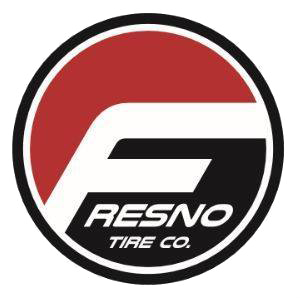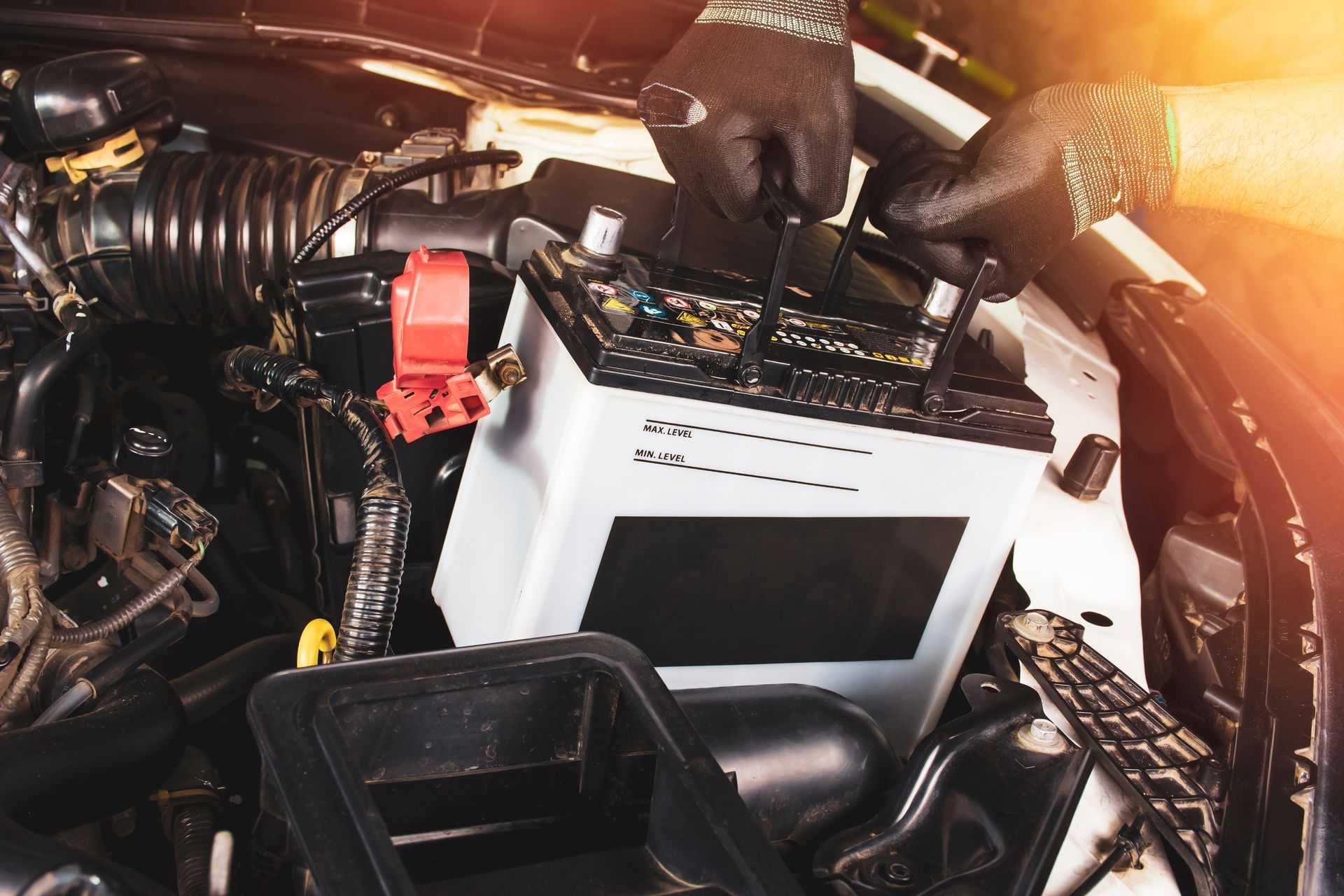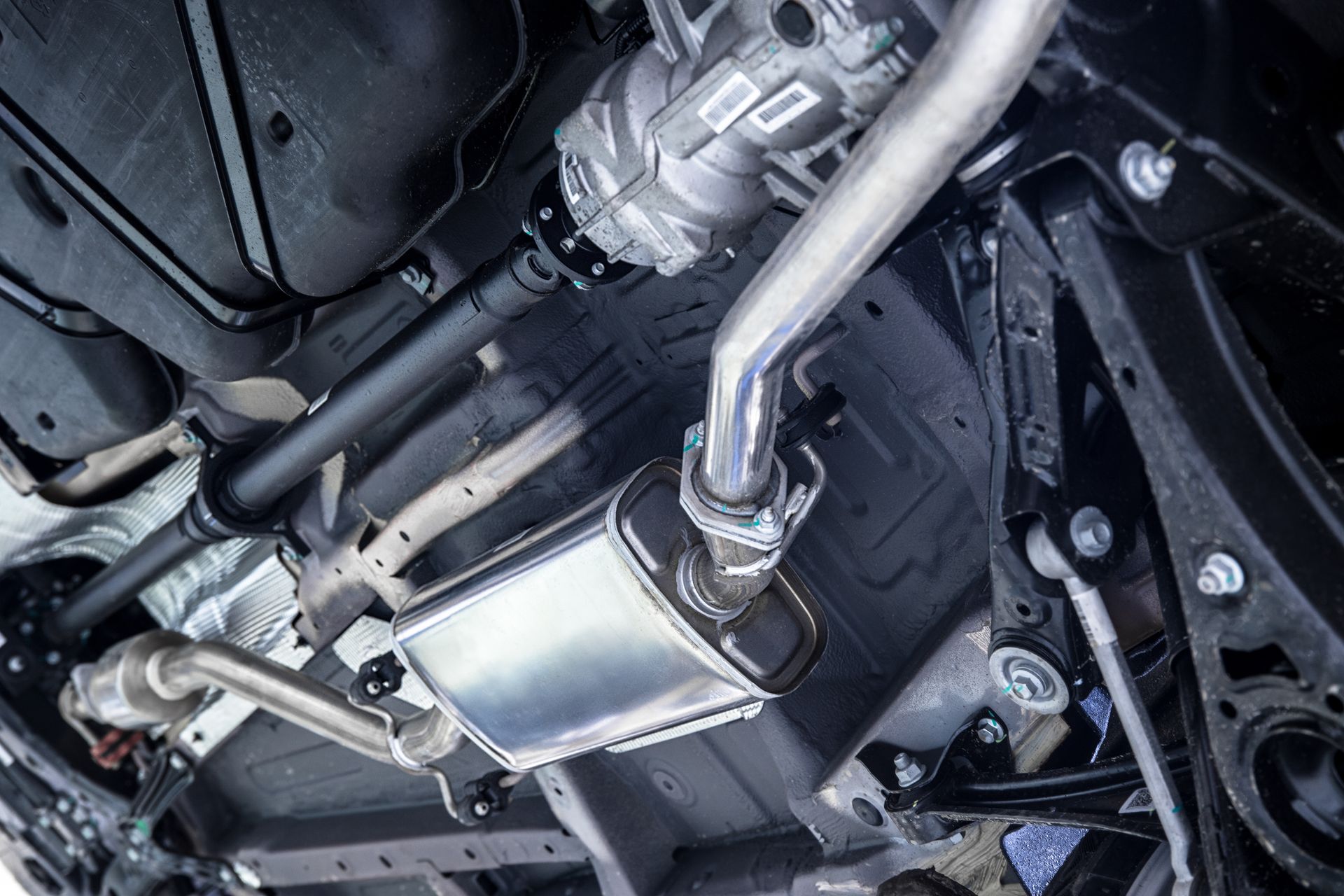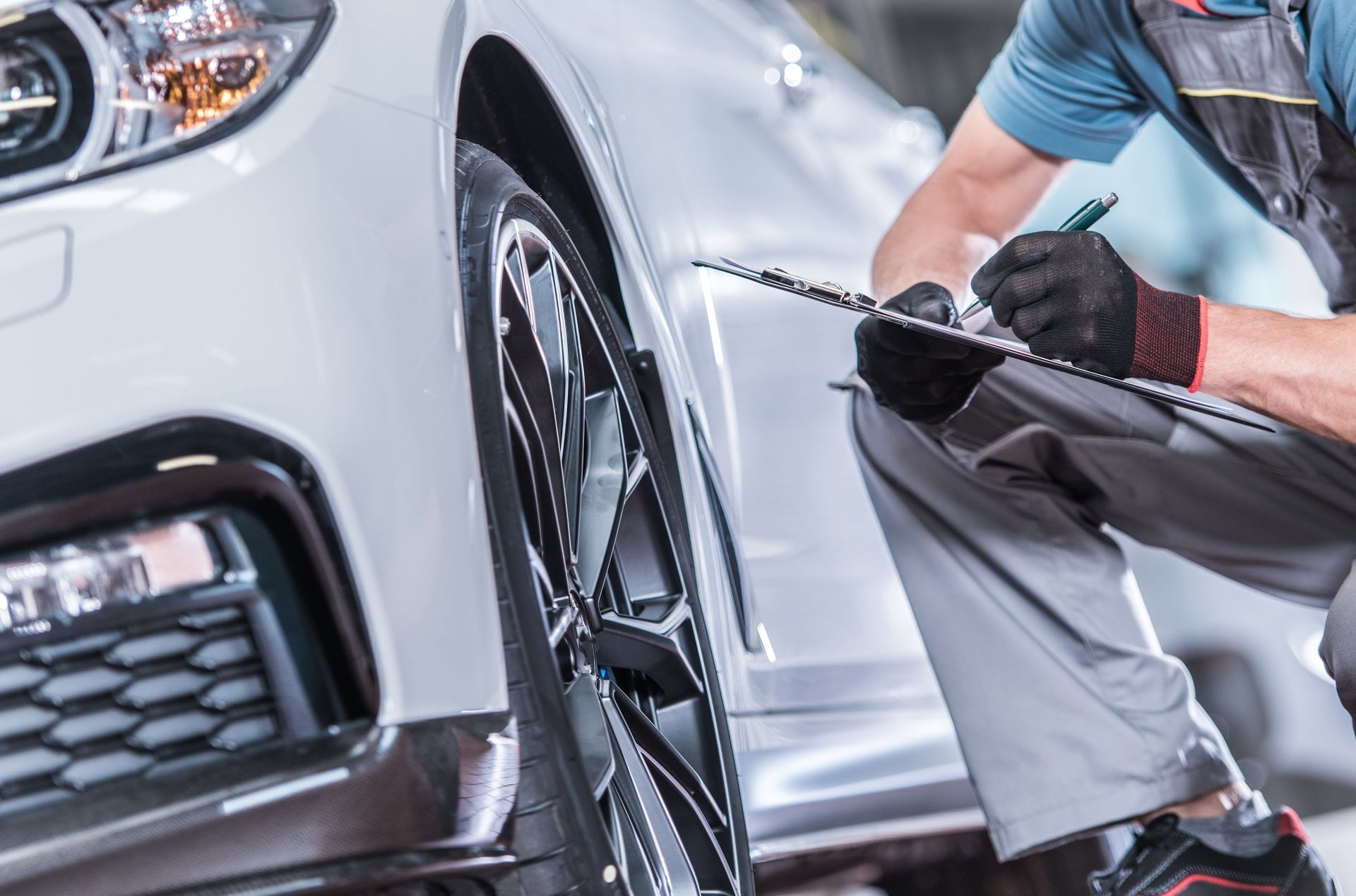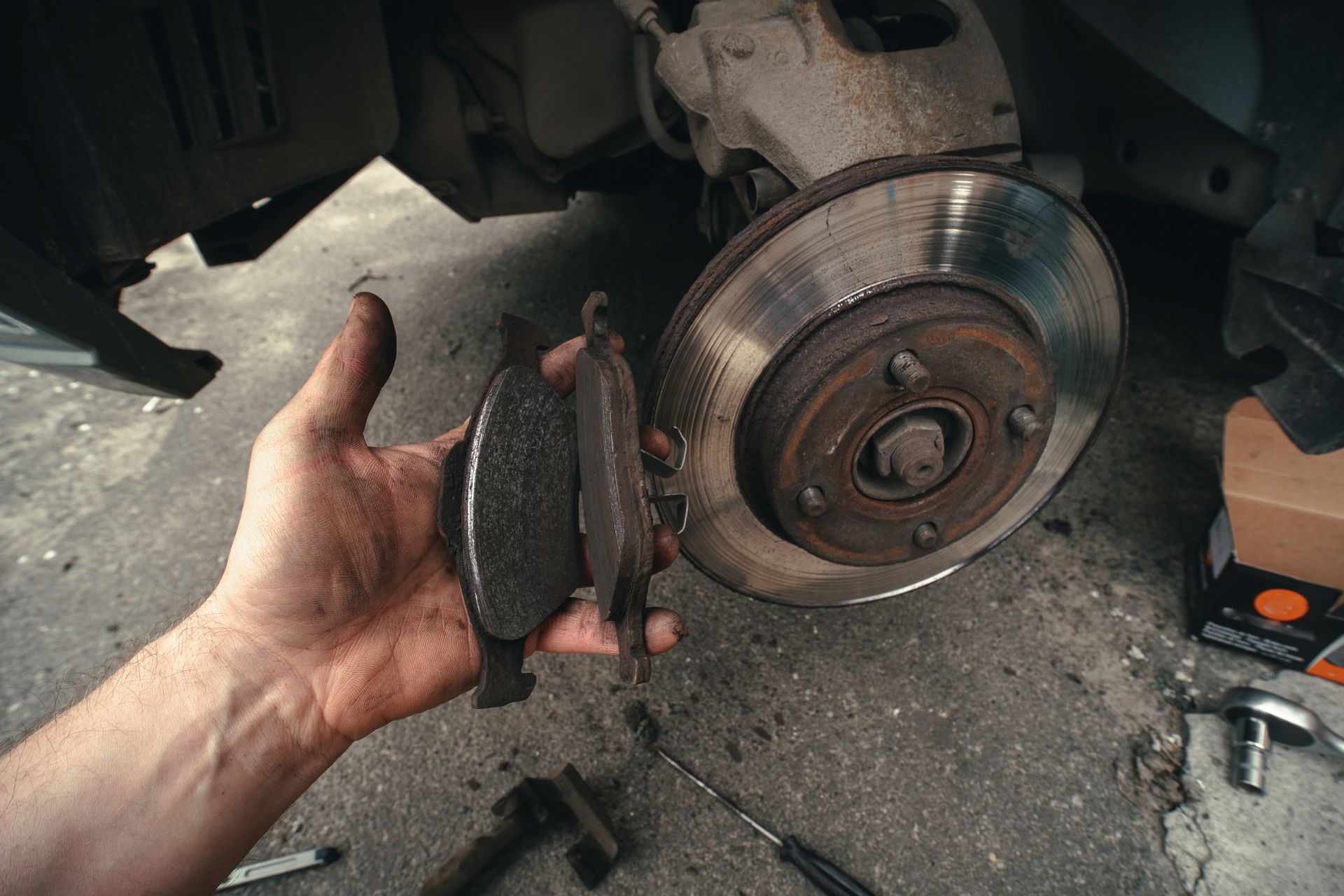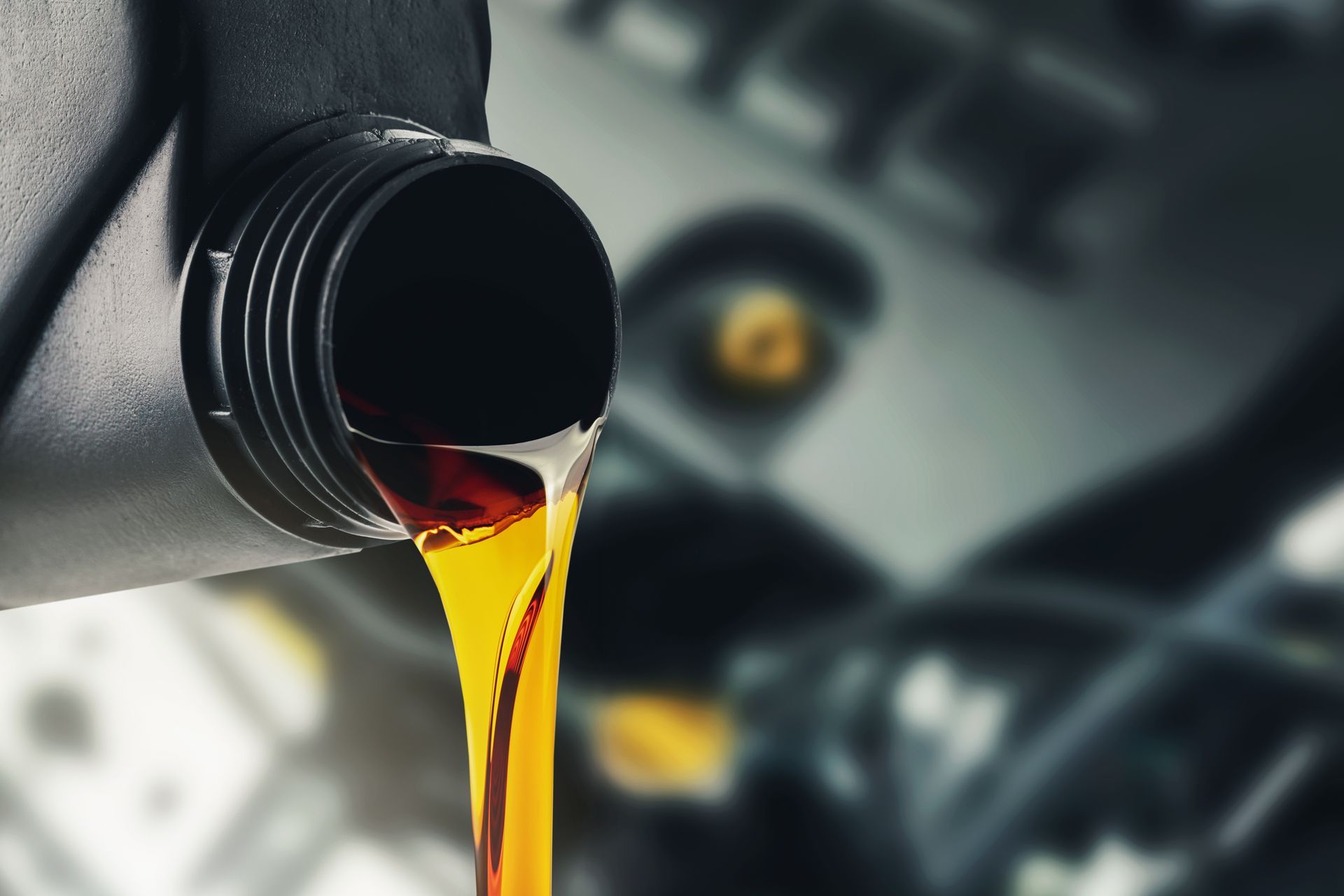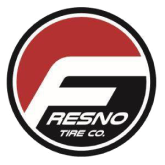What to Do When Your Check Engine Light Appears in Fresno
That dreaded yellow engine symbol on your dashboard can make any driver's heart skip a beat. Whether you're stuck in traffic on Highway 99 or cruising through downtown Fresno, seeing the check engine light suddenly appear creates immediate concern. While this warning can signal anything from a loose gas cap to serious engine problems, knowing how to respond quickly and properly can save you money and prevent more serious damage.
Why Check Engine Lights Are More Common in Fresno
Central Valley driving conditions create perfect conditions for check engine light triggers. Extreme summer heat stresses engine components and sensors, while agricultural dust can interfere with air intake systems and emission controls. Stop-and-go traffic on busy routes like Shaw Avenue and Blackstone Avenue puts additional strain on engines, catalytic converters, and emission systems.
California's strict emission standards mean your car's computer monitors dozens of systems constantly. When Fresno's harsh conditions cause even minor problems, the check engine light alerts you before issues become expensive repairs or cause your vehicle to fail smog testing.
Immediate Steps When the Light Comes On
Don't Panic, But Don't Ignore It
The check engine light doesn't mean your car will stop running immediately, but it does require attention. Continue driving normally while you assess the situation, but avoid hard acceleration or high speeds until you determine the problem's severity.
Check for Obvious Issues
Gas Cap: The most common cause of check engine lights is a loose or damaged gas cap. Pull over safely and ensure your gas cap is tight. If it was loose, the light may stay on for several driving cycles before resetting.
Recent Fuel-Up: If the light appeared shortly after getting gas, you might have gotten bad fuel or triggered an emission sensor. Note when the light appeared relative to your last fuel stop.
Performance Changes: Pay attention to how your car runs. Rough idling, reduced power, unusual noises, or poor acceleration can help technicians diagnose the problem faster.
Assess the Light's Behavior
Steady Light: Indicates a problem that needs attention but isn't immediately critical. You can continue driving carefully to a service location.
Flashing Light: This signals serious engine misfires that can damage your catalytic converter quickly. Pull over safely and call for service immediately.
Multiple Warning Lights: If other dashboard warnings appear with the check engine light, stop driving and seek immediate professional help.
Common Causes in Central Valley Conditions
Heat-Related Failures
Oxygen Sensors: Fresno's extreme temperatures cause oxygen sensors to fail more frequently than in milder climates. These sensors monitor your exhaust and help control fuel mixture.
Catalytic Converter Problems: Stop-and-go traffic combined with heat can cause catalytic converters to overheat and fail. This is an expensive repair that can be prevented with proper maintenance.
Mass Airflow Sensor Issues: Agricultural dust and debris can contaminate the mass airflow sensor, causing poor engine performance and triggering the check engine light.
Emission System Problems
EVAP System Leaks: The evaporative emission system prevents fuel vapors from escaping. Heat and age can cause vacuum lines and valves to fail, especially common in California's emission-controlled vehicles.
EGR Valve Failures: The exhaust gas recirculation system reduces emissions but can become clogged with carbon buildup, particularly in dusty Central Valley conditions.
Carbon Canister Issues: This emission component can become saturated or damaged, especially in vehicles that frequently drive in dusty agricultural areas around Fresno.
Engine Performance Issues
Ignition System Problems: Spark plugs, coils, and wires wear faster in extreme heat. Misfires from ignition problems can trigger the check engine light and reduce fuel economy.
Fuel System Contamination: Dust and debris can affect fuel injectors and filters, causing performance problems that trigger engine management warnings.
Vacuum Leaks: Rubber vacuum lines become brittle in Central Valley heat, creating leaks that affect engine performance and emission controls.
What NOT to Do
Don't Keep Driving With a Flashing Light
A flashing check engine light indicates active engine misfires that can destroy your catalytic converter in minutes. This component can cost $1,500-$3,000 to replace, so immediate attention prevents expensive damage.
Don't Use "Miracle" Additives
Products claiming to turn off check engine lights rarely address underlying problems and may cause additional damage. Proper diagnosis and repair are the only reliable solutions.
Don't Disconnect the Battery
While disconnecting the battery may temporarily turn off the light, it doesn't fix the problem and may cause additional issues with modern computer systems. The light will return once the problem is detected again.
Don't Delay Professional Diagnosis
Ignoring check engine lights can lead to:
- Failed smog tests (required in California)
- Expensive secondary damage
- Poor fuel economy
- Reduced performance
- Safety risks
Professional Diagnostic Process
Computer Scanning
Modern diagnostic scanners read specific trouble codes from your car's computer. These codes provide starting points for diagnosis but don't always pinpoint exact problems.
Common Code Categories:
- P0XXX: Powertrain (engine and transmission)
- P1XXX: Manufacturer-specific codes
- P2XXX: Additional powertrain codes
- P3XXX: Ignition and emission controls
System Testing
Professional technicians use specialized equipment to test individual components and systems. This might include:
- Compression testing
- Fuel pressure testing
- Emission system checks
- Electrical circuit testing
- Component functionality tests
Live Data Analysis
Advanced diagnostic equipment monitors sensor readings in real-time, helping identify intermittent problems that might not show up during static testing.
Fresno-Specific Diagnostic Considerations
Dust and Debris Impact
Central Valley conditions require technicians to check for:
- Clogged air intake systems
- Contaminated sensors
- Blocked emission control components
- Dust-related electrical connection problems
Heat Damage Assessment
Extreme temperatures can cause:
- Premature component aging
- Seal and gasket failures
- Electrical connection problems
- Sensor drift and calibration issues
Emission System Complexity
California's strict emission standards mean Fresno vehicles have more sophisticated emission controls that require specialized knowledge and equipment for proper diagnosis.
Cost Factors for Check Engine Light Repairs
Simple Fixes
- Gas cap replacement: $15-30
- Basic sensor replacement: $100-300
- Spark plug replacement: $150-400
- Air filter replacement: $25-75
Moderate Repairs
- Oxygen sensor replacement: $200-500
- Mass airflow sensor: $300-600
- Ignition coil replacement: $200-800
- EVAP system repair: $200-600
Major Repairs
- Catalytic converter replacement: $1,500-3,000
- Engine control module: $1,000-2,500
- Transmission problems: $2,000-5,000
- Internal engine damage: $3,000-8,000
When to Seek Immediate Help
Emergency Situations
- Flashing check engine light
- Loss of power while driving
- Unusual noises from engine
- Smoke from exhaust or engine bay
- Strong fuel or burning smells
Urgent but Not Emergency
- Steady check engine light with performance problems
- Multiple warning lights
- Rough idle or stalling
- Significant decrease in fuel economy
Schedule Soon
- Steady check engine light with normal performance
- Recent appearance after maintenance
- Intermittent light that comes and goes
Prevention Strategies
Regular Maintenance
Oil Changes: Fresh oil prevents engine problems that trigger check engine lights.
Air Filter Replacement: Clean filters prevent contamination-related sensor problems.
Fuel System Cleaning: Regular cleaning prevents carbon buildup and injection problems.
Emission System Service: Proper maintenance keeps California's complex emission systems functioning.
Quality Fuel and Additives
Top Tier Gasoline: Use quality fuel with proper detergent additives to keep injection systems clean.
Fuel Stabilizers: If storing vehicles, use stabilizers to prevent fuel system problems.
Avoid Cheap Gas: Poor quality fuel can cause sensor and emission system problems.
Driving Habits
Warm-Up Period: Allow engines to warm up before hard acceleration, especially important in Central Valley temperature extremes.
Highway Driving: Regular highway driving helps burn off carbon deposits and keeps emission systems clean.
Avoid Short Trips: Very short trips don't allow emission systems to reach operating temperature and function properly.
California Smog Testing Implications
Legal Requirements
California requires smog testing for vehicle registration renewal. A check engine light is an automatic failure, regardless of actual emissions levels.
Timing Considerations
- Address check engine lights before your smog test date
- Allow time for multiple drive cycles to reset readiness monitors
- Some repairs require specific driving patterns to complete system checks
Cost Impact
Failed smog tests require retesting fees and potential registration delays. Fixing problems early prevents these additional costs.
Finding Reliable Diagnostic Service
Look for Proper Equipment
Modern vehicles require advanced diagnostic scanners and specialized tools. Ensure your service provider has current equipment for your vehicle's make and model.
ASE Certification
ASE-certified technicians have proven knowledge of engine management and emission systems required for proper diagnosis.
Warranty Coverage
Quality shops stand behind their diagnostic work and repairs with warranties that protect your investment.
California Compliance
Ensure your service provider follows California environmental regulations for parts disposal and emission system repairs.
Get Your Check Engine Light Diagnosed Today
Don't let a check engine light turn into an expensive repair or cause you to fail your smog test. The experienced technicians at Fresno Tire Co. have the latest diagnostic equipment and expertise to quickly identify what's causing your check engine light and provide honest, cost-effective solutions.
We've been helping Fresno drivers solve check engine light problems since 2001 and know how Central Valley conditions affect modern vehicle systems. Our ASE-certified team provides thorough diagnosis and quality repairs that keep you on the road and compliant with California emission standards.
Whether it's a simple gas cap issue or a complex emission system problem, we'll explain what's wrong and provide transparent pricing for all repair options. Don't risk expensive damage or smog test failure – visit us at 6632 N Blackstone Ave in Fresno, call (559) 762-4441, or book your diagnostic appointment online today.
Fresno Tire Co. – The best way to go!


